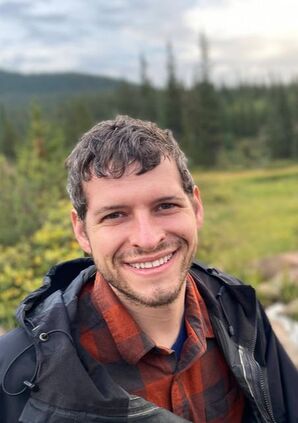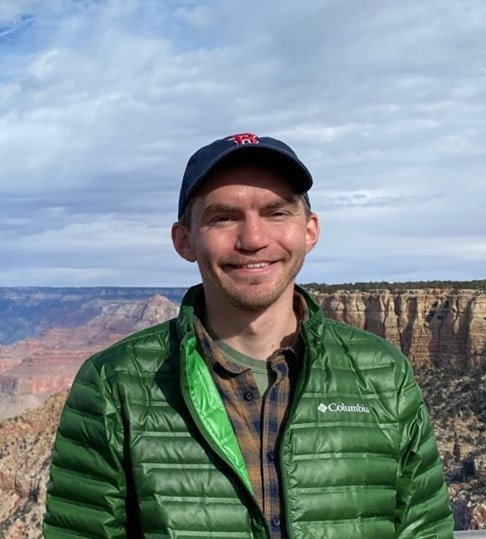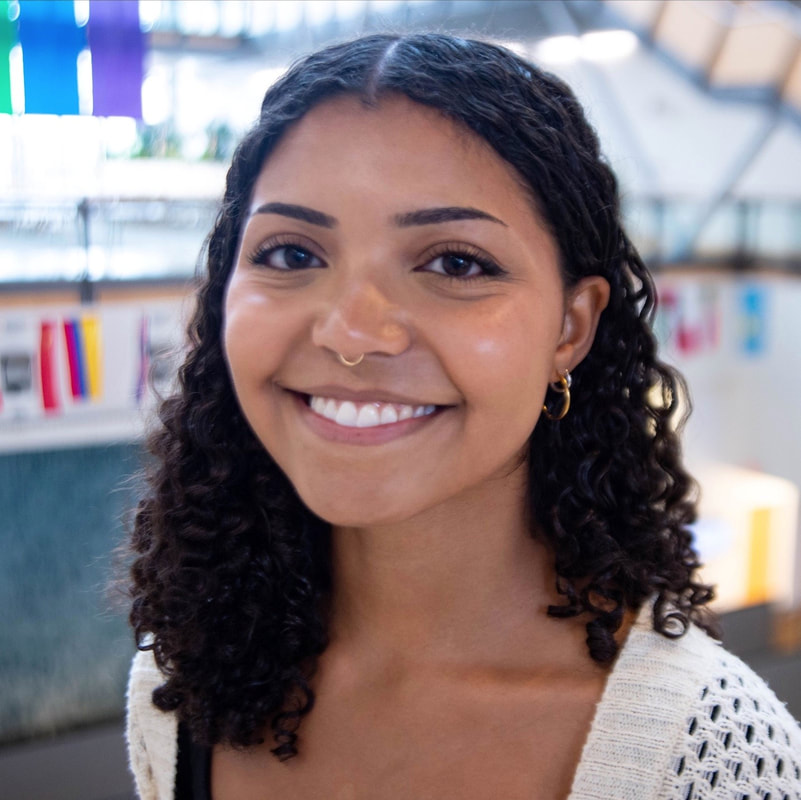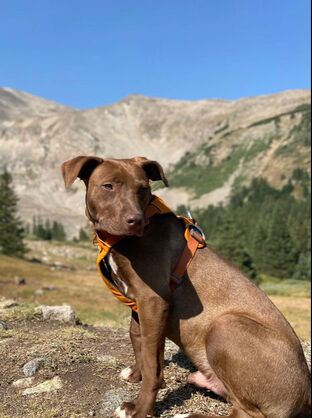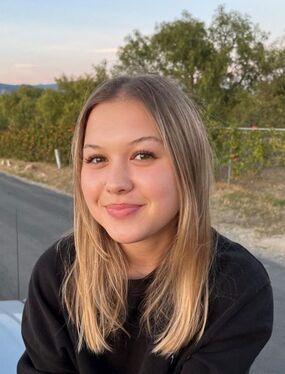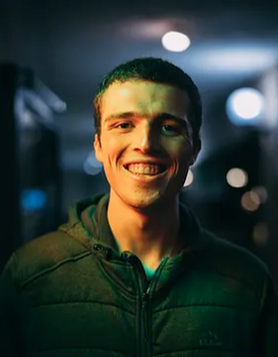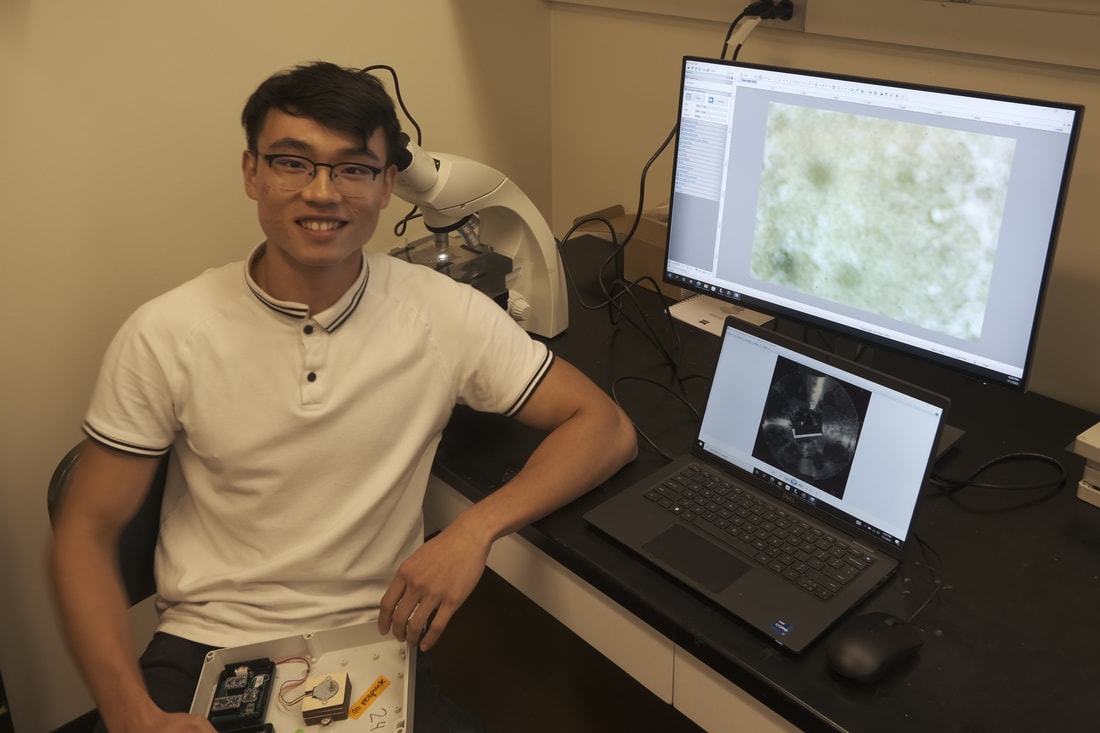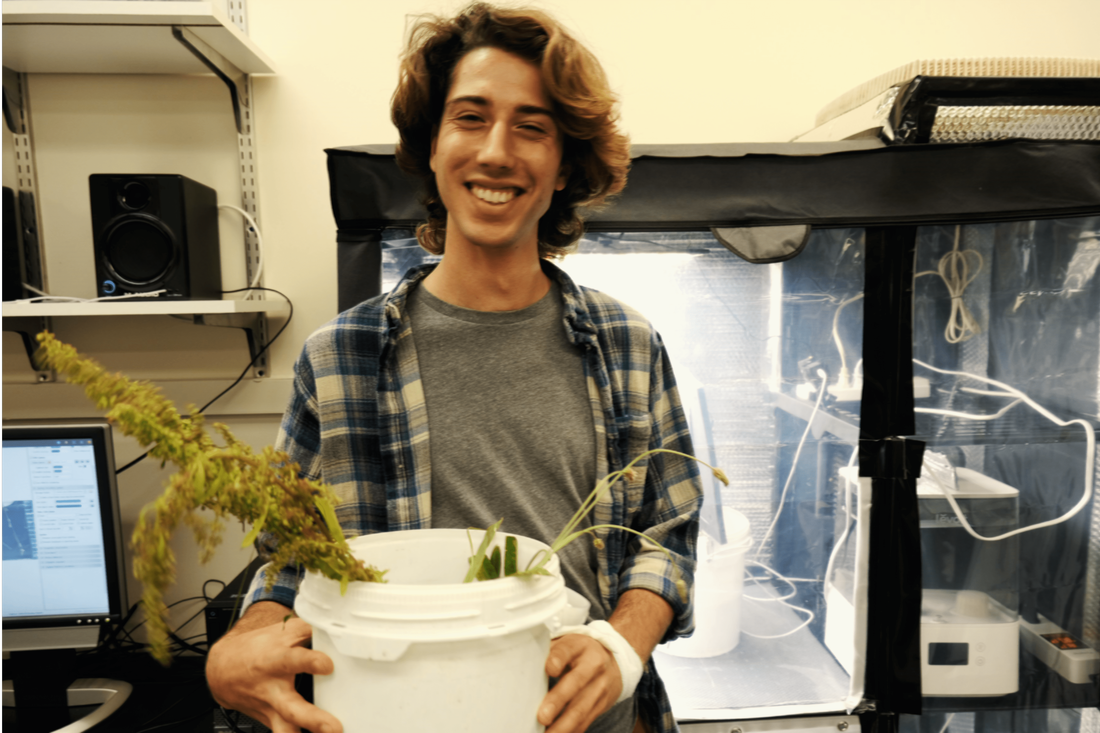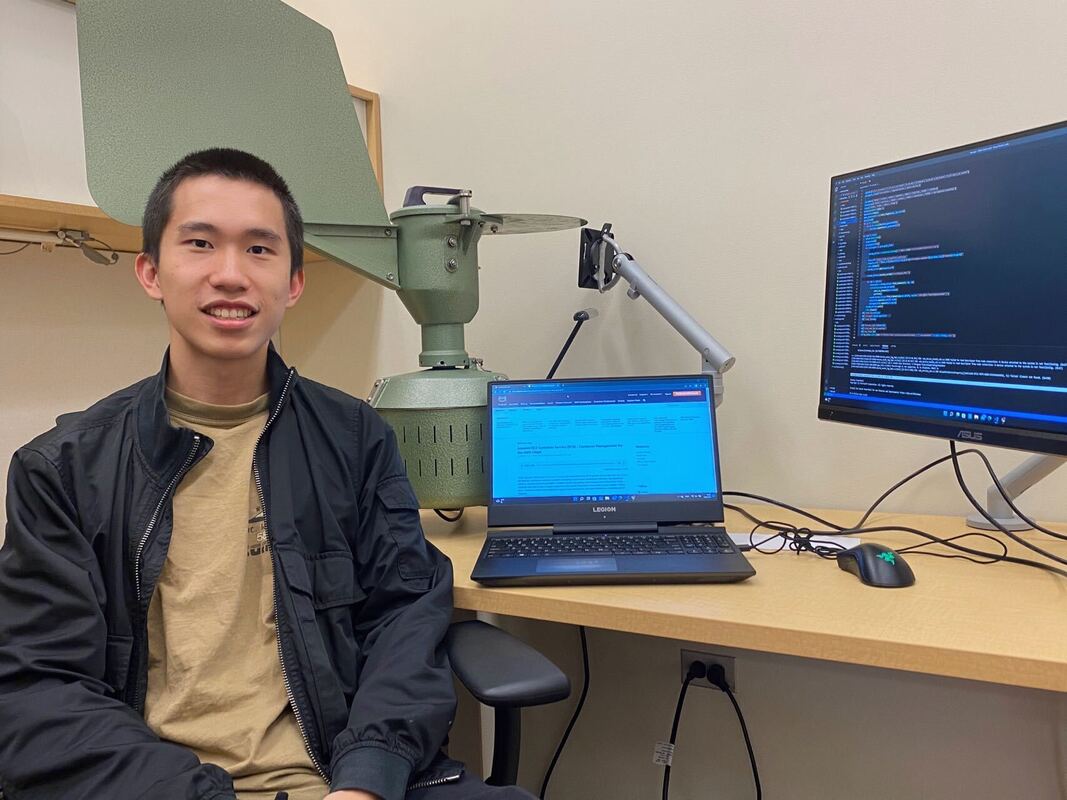We're growing! come join us!
We have funding for postdocs, graduate students, and undergraduate students!
Daniel ('dan') Katz, Ph.D.he/him
Assistant Professor School of Integrative Plant Science Cornell University 1018 Bradfield Hall 306 Tower Rd Ithaca, NY 14853 |
CURRENT MEMBERS
David Miller, Ph.D.Postdoctoral Associate
Dave (he/him) loves maps and looking at the earth from above. His research interests include urban ecology, interactions between plants and droughts, and examining how terrestrial ecosystems are changing over time using satellite remote sensing imagery. He earned his PhD from UC Santa Barbara in Geography in 2020, MA from UC Santa Barbara in Geography in 2017, and BA from Boston University in Physical Geography and Mathematics (double major) in 2013. Before joining the Katz Lab, he was a postdoctoral scholar at UC Berkeley in environmental science. In his free time, you may likely find him jauntily running around Ithaca, listening to lots of music, and exploring new places to eat. For more details, check out his website at: davidlmilleretal.com.
|
Hannah ZonnevyllePh.D. student
NSF Graduate Research Fellow Hannah (she/her) is interested in how environmental factors influence tree demography. She is currently researching the spatial and temporal variability of pollen cone production using remote sensing. Hannah earned her B.S. from the University of Michigan in 2021, where she completed an honors thesis examining the impact of moose herbivory on Isle Royale forests. Before beginning her PhD, she worked for two years in Chicago for an environmental education nonprofit. Hannah loves being outdoors, cooking, and engaging with people about science!
|
Sonia LyakhovichUndergraduate researcher, Summer 2024-present
Sonia (Biological Engineering ‘26) is interested in using technology and science to protect and learn about the natural world. She is conducting an experiment to examine the effects of climate change on flowering and pollen production of herbaceous plants. Outside of the lab, she enjoys being outdoors through camping, hiking, rock climbing, and kayaking. Sonia also loves to create art, sew, and bake.
|
Kacper SobierajVisiting Ph.D. student, April-June 2024
Kacper (on the right) is interested in how local sources of pollen and fungal spores affect spatio-temporal variation in air concentration and, consequently, human exposure. His thesis focuses on allergenic plane tree (Platanus sp.) pollen grains in Poland. In his work, he uses aerobiological air sampling as well as various geospatial and remote sensing data. He graduated with an undergraduate degree in Biology in 2022 from Adam Mickiewicz University in Poznań, where he is pursuing his Ph.D with Paweł Bogawski. He spends his free time hiking and playing video games.
|
Maya Mangala-MunumaUndergraduate researcher, Fall 2023
Maya (Plant Sciences, ’25) is interested in urban ecology and the ways humans interact with plants in urban spaces. She is excited to be working on analyzing how tree composition varies as a function of demography in US cities and exploring the effects of tree composition on ecosystem services and disservices.
|
lab alumni
Allison KozakUndergraduate researcher, summer 2023 - spring 2024
Allison (Biology and Society, ’24) is conducting a meta-analysis on the effects of rising atmospheric CO2 on allergenic pollen production. She has enjoyed learning more about current ecological challenges and the broader impacts of global climate change.
|
Eli RobinsonMPS student (spring 2023)
Eli attended Ithaca College graduating in May of 2022 with Bachelor of Arts degrees in physics and computer science. Eli switched hills over to Cornell University in order to pursue a passion in maps and geography. In his MPS capstone, Eli investigated connections between tree species composition and income in ten cities in the US using data from the Urban Forest Inventory & Analysis. His code and results are available online:
https://eli-robinson.github.io/UrbanFIAAnalysis/ |
Kent DongUndergraduate researcher, summer 2022
Kent (Biology and Society, '23) is researching how pollen release varies as a function of environmental conditions. To do so, he is using a combination of field and growth chamber experiments and working with custom-built pollen measurement devices. These data are critical for predicting pollen release on sub-daily time scales.
|
Blue ShapiroUndergraduate researcher, summer 2022
Blue (Materials Science and Engineering, '24) is pioneering time-lapse photography methods to quantify how the rate of flowering varies across environmental conditions. Along the way, Blue has built his own chamber with adjustable temperature and humidity controls and has forayed into image analysis.
|
Sida ('Stark') HuangUndergraduate researcher, summer 2022
Stark (Health Care Policy, '23) is working to assess the accuracy of publicly available pollen forecasts. To do so, he is automating data extraction from commercial websites via APIs and web scraping and comparing them to empirical measurements. As part of this project, Stark is honing his expertise with Python, Docker, and Amazon Web Services .
|
Our vALUES
|
Lab philosophy
We believe that happy people do the best science and our lab is committed to being welcoming, supportive, and kind. We strive to make the world a better place both through our research and through our daily interactions with each other and our broader communities.
|
Diversity, Equity, and Inclusion
We are committed to diversity, equity, and inclusion within our communities, beginning in our lab. We are following the Ten Simple Rules for Building an Anti-Racist Lab and expect lab members to be willing to have challenging but necessary discussions about how racism, sexism, and other biases affect us, our communities, and the research we do. These topics directly connect to dimensions of our research that include health equity and environmental justice.
Conversations on these topics are taking place both within SIPS and across the university and we promote participation in them. For example, much of Cornell's endowment was derived from land stolen from native peoples and there is an ongoing need to better address this legacy. |

